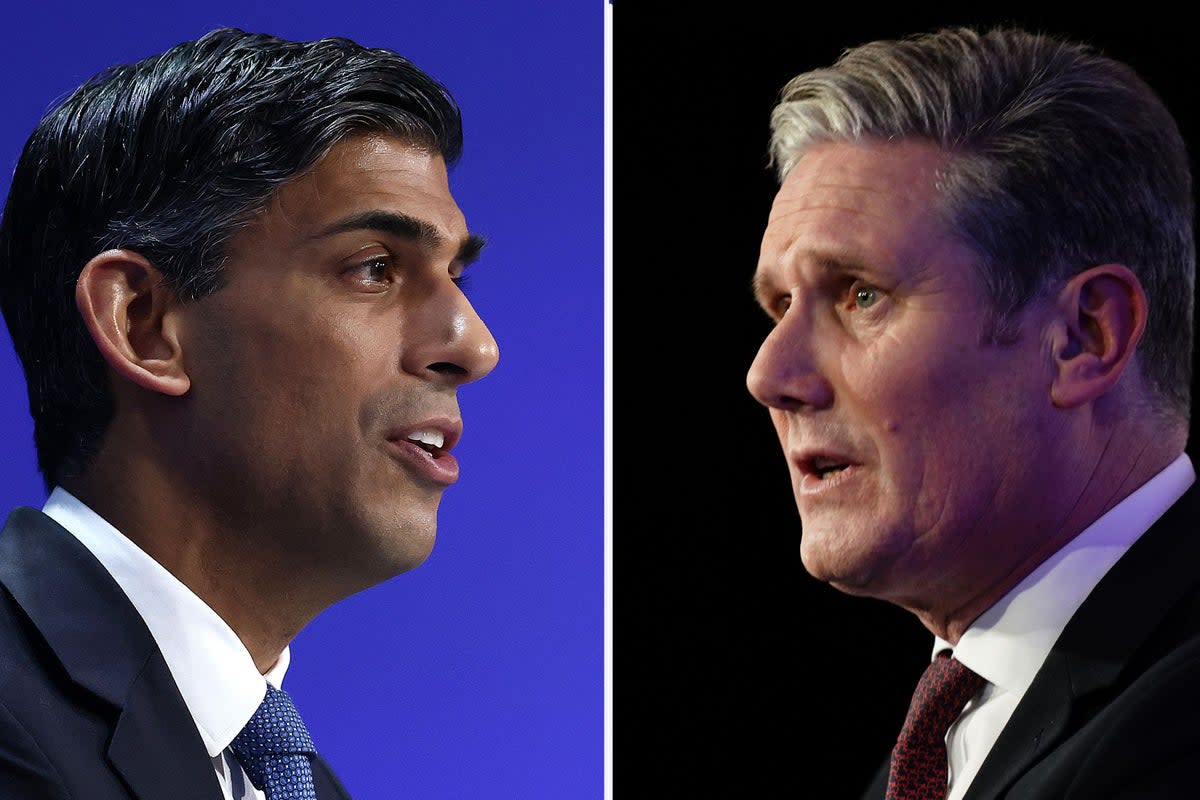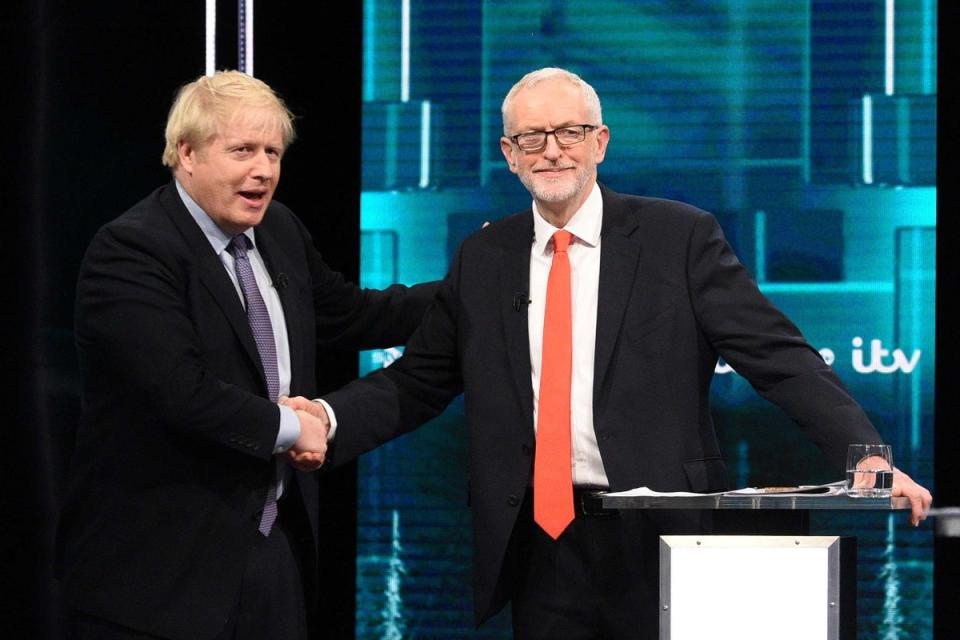General election TV debates: dates and who will take part?

The first general election debate between Prime Minister Rishi Sunak and Labour leader Sir Keir Starmer was a head-to-head showdown on ITV on June 4.
During their sometimes acrimonious debate, Starmer and Sunak debated a variety of topics, including immigration, the NHS, taxes and living expenses. The two men were also admonished for talking over each other.
However, that wasn’t the end of the debates, offering the party leaders the chance to offer their ideas on the pressing topics of 2024’s general election.
Two more general election debates with political leaders are taking place in the coming days, with the BBC hosting both occasions.
So when are the general election debates and how can you watch them?
Here’s what you need to know.
When are the general election 2024 TV debates?
The BBC has released its general election debate schedule. All programmes will be broadcast on BBC1.
Question Time Leaders' Special: Thursday, June 20, York - BBC1
Fiona Bruce will present the show involving leaders of the four biggest political parties in Great Britain. It will be broadcast from 8pm to 10pm.
Head-to-head debate: Wednesday, June 26, Nottingham -BBC1
Sophie Raworth will host the event involving Sunak and Starmer. This is set to be the last TV debate of the election campaign and will be broadcast from 9pm to 10pm.

Secretary of State for Energy Security and Net Zero, Claire Coutinho, urged both sides to commit to weekly debates.
Labour sources indicated Sir Keir would be willing to participate in debates on the channels with the largest audiences – BBC and ITV.
But they said they would not agree to “tearing up” the format established in previous elections “just to suit this week’s whims of the Tory Party”.
“So I think debates are always a part of an election campaign and no doubt will be a big part of what’s going to happen over the next five or six weeks,” Sir Keir told Times Radio. I’ll debate with voters any day of the week.”
Wales and Northern Ireland will also receive additional dedicated debates, with Bethan Rhys Roberts hosting the Wales Leaders’ Debate live from Central Square in Cardiff on Friday, 21 June between 7pm and 8pm and Tara Mills moderating the Northern Ireland Leaders’ Debate on BBC One Northern Ireland on Thursday, 27 June, broadcasting between 9pm and 10pm.
How have pre-general election debates worked in the past?
Television debates are a relatively new concept to the election run-up in the UK. Labour’s Prime Minister Gordon Brown, Tory leader David Cameron and the Liberal Democrat leader, Nick Clegg, participated in the first one in 2010.
Labour leader Harold Wilson and Conservative Prime Minister Sir Alec Douglas-Home were approached in 1964 but the debate didn't materialise.
Conservative Prime Minister John Major and Labour leader Neil Kinnock agreed in principle to a debate in 1992 but this was called off.
Between 1997 and 2005, Tony Blair and successive opponents (John Major, William Hague and Michael Howard) did not engage in televised debates.
The 2015 general election involved a more complex arrangement of debates.
David Cameron (Conservatives), Ed Miliband (Labour), Nick Clegg (Liberal Democrats), Nigel Farage (UKIP), Nicola Sturgeon (SNP), Natalie Bennett (Green Party), and Leanne Wood (Plaid Cymru) took part.
ITV hosted a seven-way debate; the BBC broadcast a five-way debate featuring parties without the two main leaders (Cameron and Miliband); and a "challengers' debate" featuring opposition leaders was also held.

In 2017, Prime Minister Theresa May chose not to participate directly in the main debates.
Leaders of other parties, including Jeremy Corbyn (Labour), Tim Farron (Liberal Democrats) and leaders from smaller parties participated.
There was a mixture of debates and Q&A sessions with leaders appearing separately.
Mrs May’s absence was contentious, with some arguing it affected her campaign negatively.
The 2019 general election returned to more traditional head-to-head debates.
Prime Minister Boris Johnson (Conservatives) and Labour leader Jeremy Corbyn participated in an hour-long debate on ITV.
The BBC also hosted a head-to-head debate between the pair and a separate one involving leaders from smaller parties.
Andrew Neil also interviewed Mr Corbyn on the BBC, and the Labour leader appeared on a Channel 4 panel discussion on climate change. A melting ice sculpture replaced Mr Johnson.

 Yahoo News
Yahoo News 
